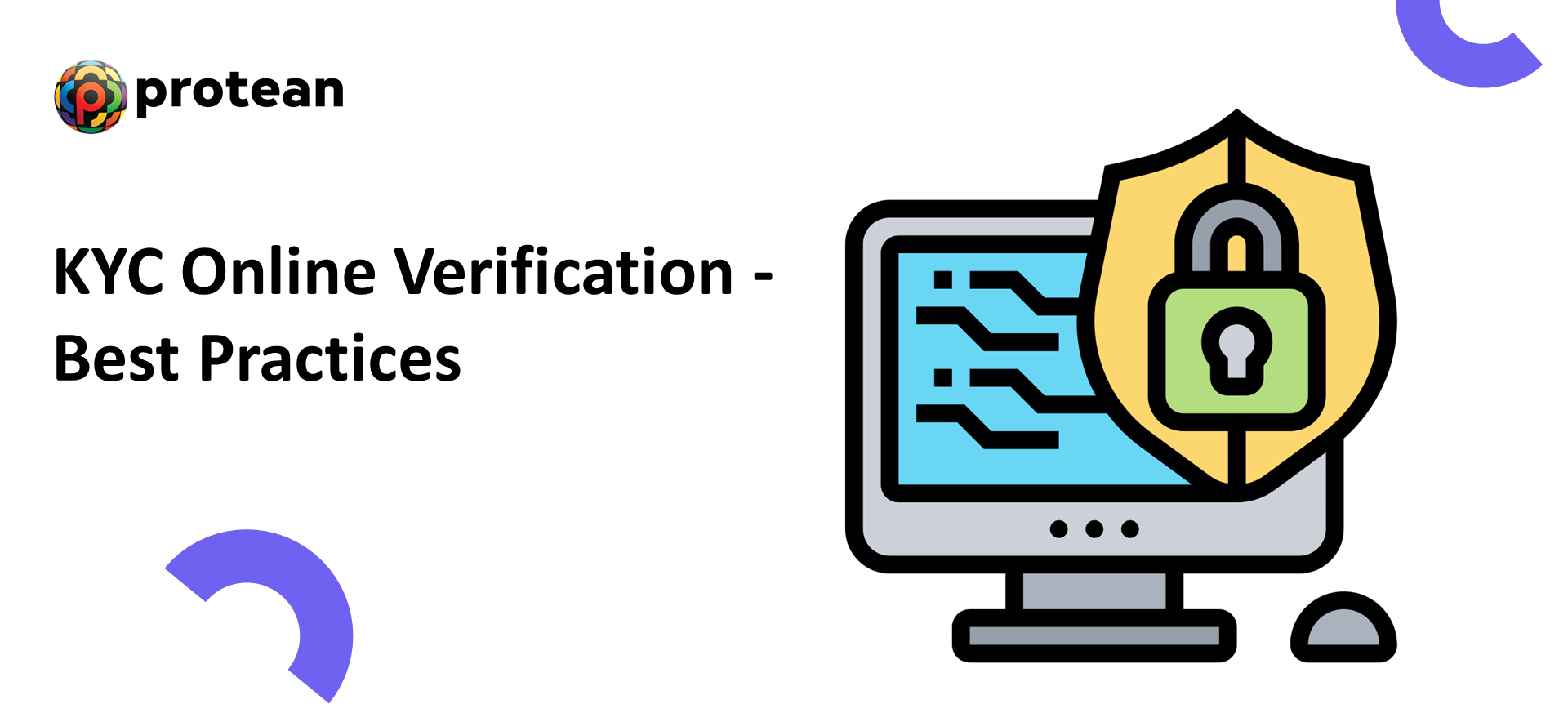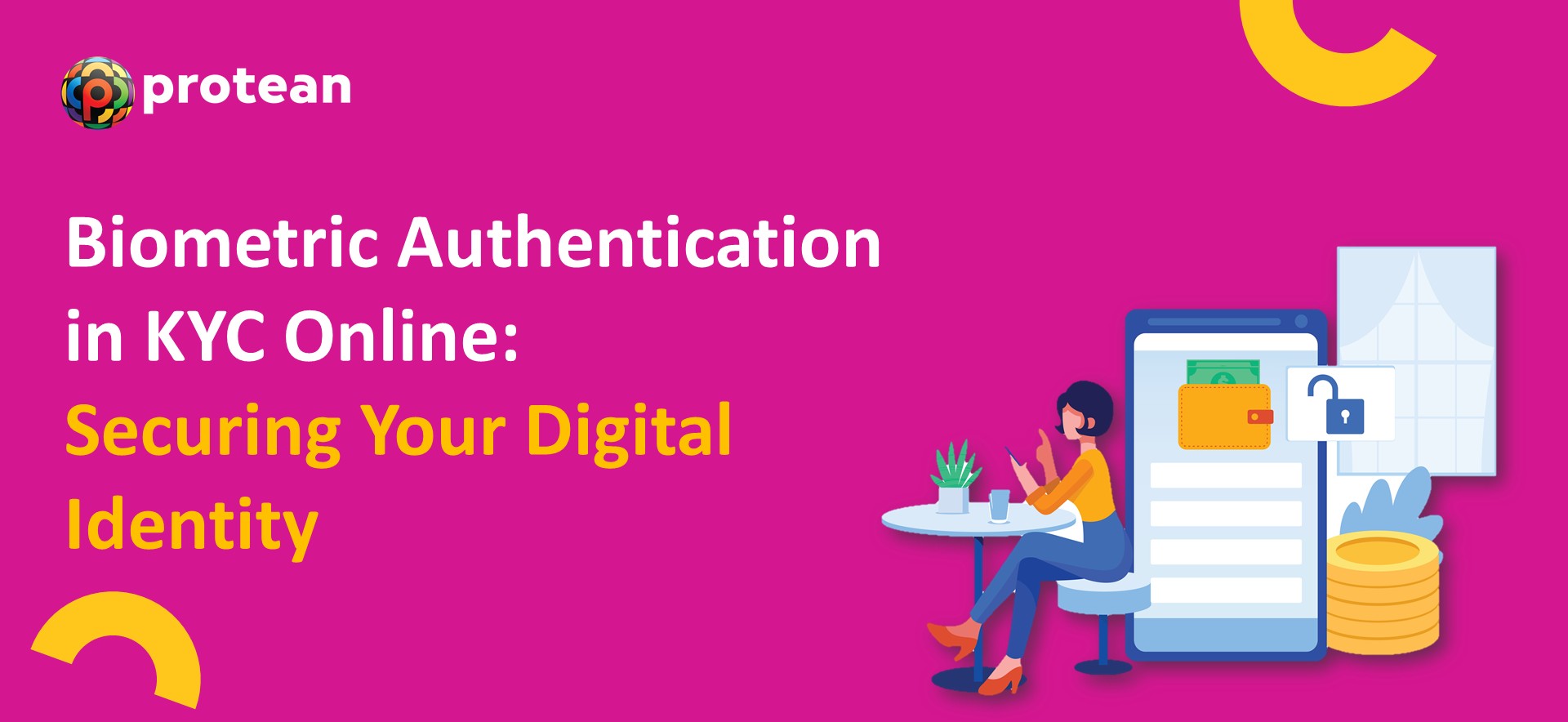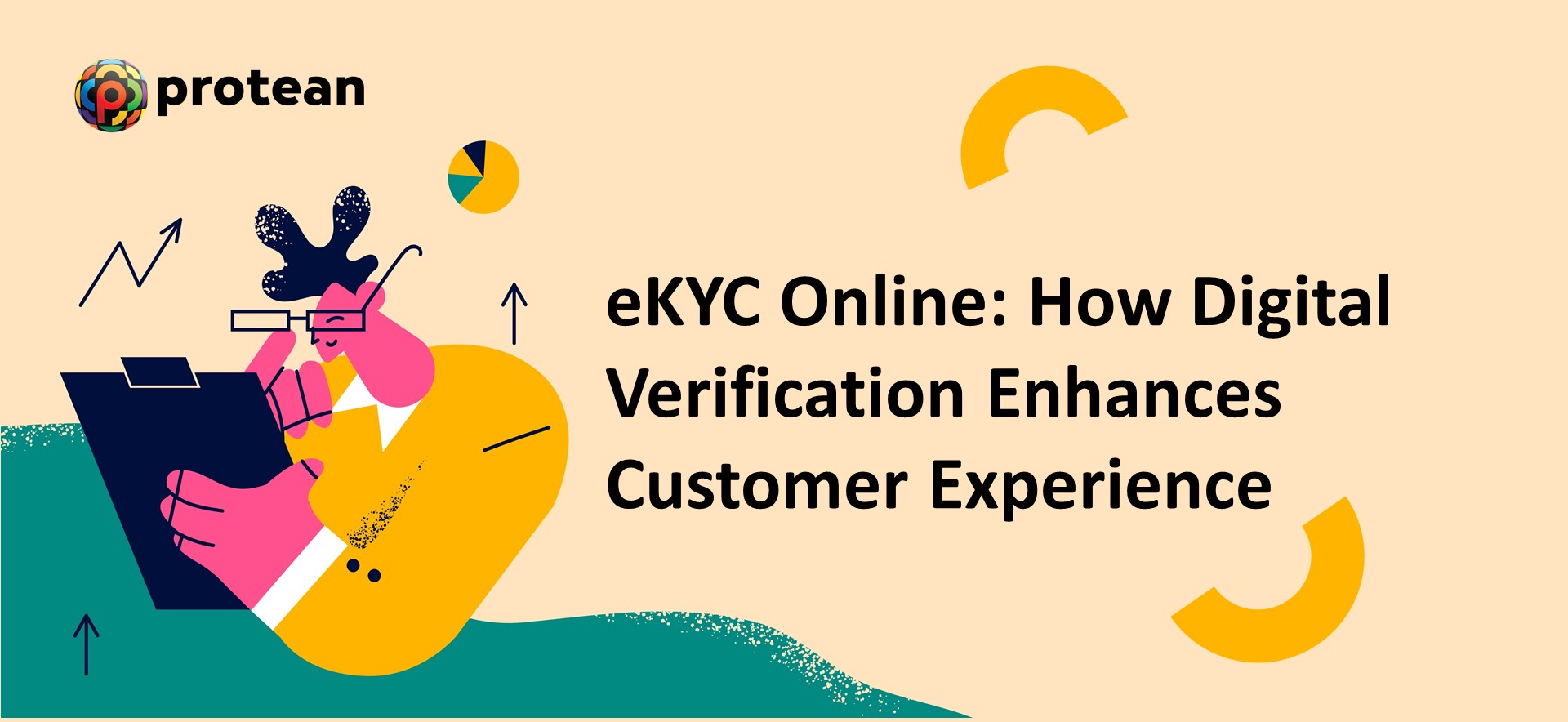Blogs
Best Practices of KYC Online Verification for Securing Customer Data
The importance of robust identity verification has never been more critical. For businesses, especially in the financial, e-commerce, and gaming sectors, Know Your Customer (KYC) processes are not just a regulatory requirement but a fundamental aspect of building trust and security. As transactions and interactions move online, so too have KYC procedures, giving rise to KYC online verification. This digital approach to identity verification offers convenience and efficiency, but it also presents unique challenges in securing sensitive customer data.
This guide will help to understand the best practices for KYC online verification, exploring how businesses can implement secure, efficient, and compliant processes that protect both their customers and their operations from fraud and financial crime.
What is KYC Online Verification?
KYC online, or electronic KYC (eKYC), is the digital process of verifying the identity of a customer. It involves collecting and verifying a customer's identity documents, such as passports, driver's licenses, and national ID cards, through online channels. The process often utilizes advanced technologies like artificial intelligence (AI), machine learning (ML), and biometric verification to ensure the authenticity of the documents and the identity of the person presenting them.
| Also Read: How eKYC Verification Online Enhances Customer Experience |
Why is Securing Customer Data in KYC Online Verification Important?
During the KYC online verification process, businesses collect a significant amount of personally identifiable information (PII), including names, addresses, dates of birth, and biometric data. This data is a prime target for cybercriminals, and a data breach can have severe consequences, including:
1. Financial Losses
Businesses can face hefty fines for non-compliance with data protection regulations.
2. Reputational Damage
A data breach can erode customer trust and damage a company's reputation, leading to customer churn and loss of business.
3. Legal Consequences
Businesses can face legal action from customers whose data has been compromised.
Therefore, securing customer data is not just a best practice; it is a business imperative.
Best Practices for Secure KYC Online Verification
To ensure the security of customer data during the KYC online verification process, businesses should adopt the following best practices:
1. Data Encryption
- Encrypt all customer data, both in transit and at rest. This means that data is scrambled and unreadable as it travels between the customer's device and your servers, and while it is stored in your database.
2. Secure Document Upload and Verification
- Implement a secure portal for customers to upload their identity documents.
- Employ document authentication tools to verify the authenticity of the documents by checking for signs of tampering or forgery.
3. Biometric Verification and Liveness Detection
- Utilize biometric verification methods, such as facial recognition and fingerprint scanning, to match the customer's identity with the information on their documents.
- Implement liveness detection technology to ensure that the person presenting the documents is physically present and not using a photo, video, or mask to spoof the system.
4. Two-Factor Authentication (2FA)
- Implement 2FA to add an extra layer of security to the customer's account. This typically involves requiring the customer to provide a second form of verification, such as a one-time password (OTP) sent to their mobile device, in addition to their password.
5. Regulatory Compliance
- Stay up-to-date with the latest KYC and data protection regulations in the jurisdictions where you operate.
- Ensure that your KYC online verification process is compliant with relevant regulations to avoid penalties and legal issues.
6. Regular Security Audits and Penetration Testing
- Conduct regular security audits of your systems to identify and address potential vulnerabilities.
- Perform penetration testing to simulate a cyberattack and identify weaknesses in your defences.
7. Secure Data Storage and Deletion
- Store customer data in a secure, access-controlled environment.
- Implement a data retention policy that specifies how long you will store customer data and when it will be securely deleted.
8. Employee Training
- Train your employees on data security best practices to prevent human error and insider threats.
- Educate them on how to identify and respond to phishing attacks and other social engineering tactics.
| Also Read: The Role of Biometric Authentication in KYC Online Verification |
The Future of KYC Online Verification
The field of KYC online verification is constantly evolving, with new technologies and regulations emerging all the time. Some of the key trends that are shaping the future of KYC include:
1. Artificial Intelligence and Machine Learning
AI and ML are being used to automate and improve the accuracy of the KYC process, from document verification to risk assessment.
2. Blockchain Technology
Blockchain has the potential to create a decentralized and immutable record of customer identities, making the KYC process more secure and efficient.
3. Digital Identities
The concept of a self-sovereign digital identity, where individuals have control over their own data and can share it with businesses as needed, is gaining traction.
The Final Note
Adopting online KYC verification is a strategic necessity for businesses aiming to thrive in the digital age. Businesses can build a robust defence against fraud by implementing best practices, such as strong encryption, two-factor authentication, and a clear consent process. Ultimately, a proactive approach to online KYC verification transforms a compliance requirement into a powerful competitive advantage.
Frequently Asked Questions (FAQs)
Q1: How does biometric verification work in KYC online?
Biometric verification in KYC online uses unique biological characteristics, such as facial features or fingerprints, to confirm a person's identity. For example, a customer might be asked to take a selfie, which is then compared to the photo on their ID document using facial recognition technology.
Q2: Is KYC online verification secure?
When implemented correctly, with robust security measures like encryption, liveness detection, and two-factor authentication, KYC online verification can be a highly secure method of identity verification.
Q3: What are the main benefits of using KYC online?
The main benefits of KYC online include a faster and more convenient onboarding process for customers, reduced operational costs for businesses, improved accuracy in verification, and enhanced security against fraud.






